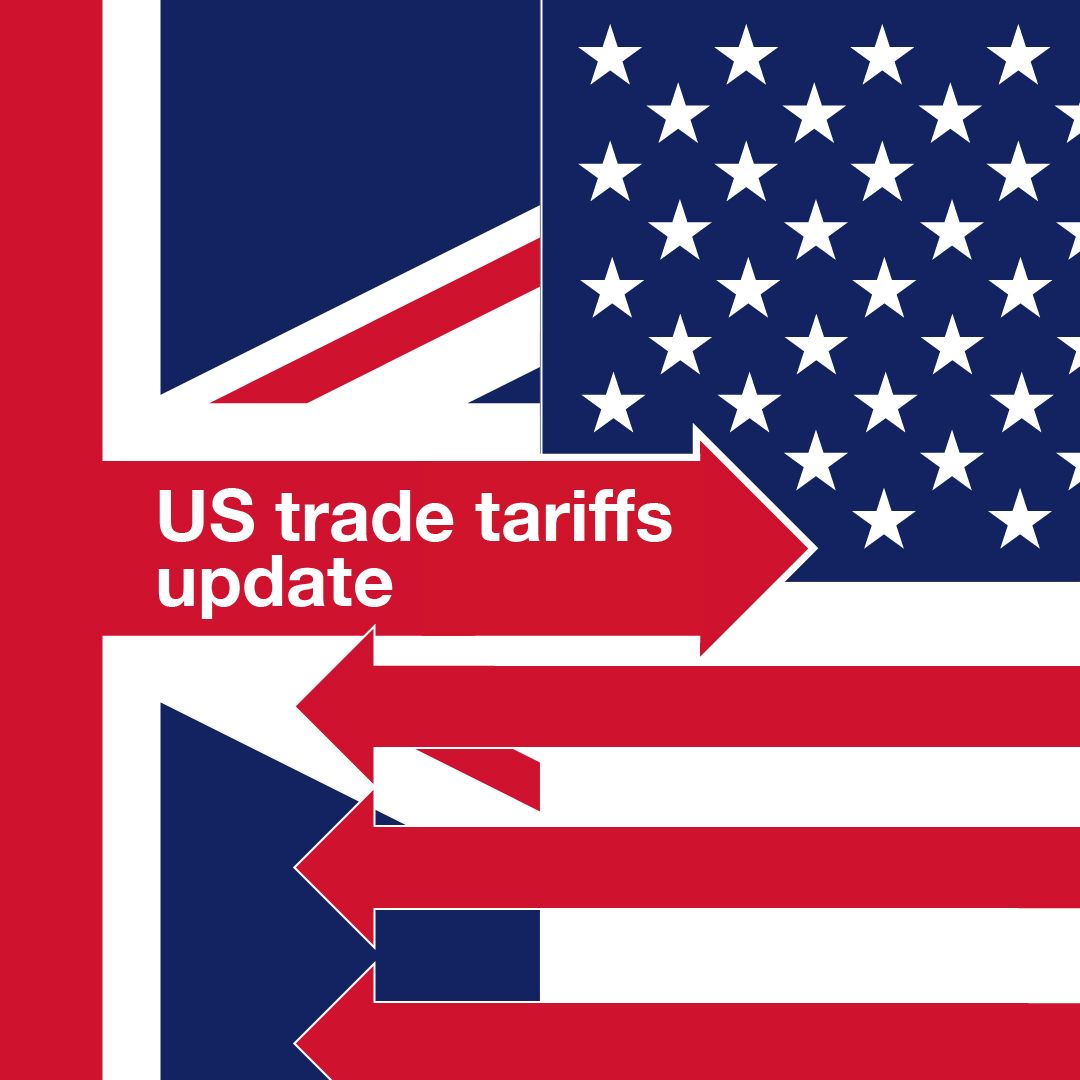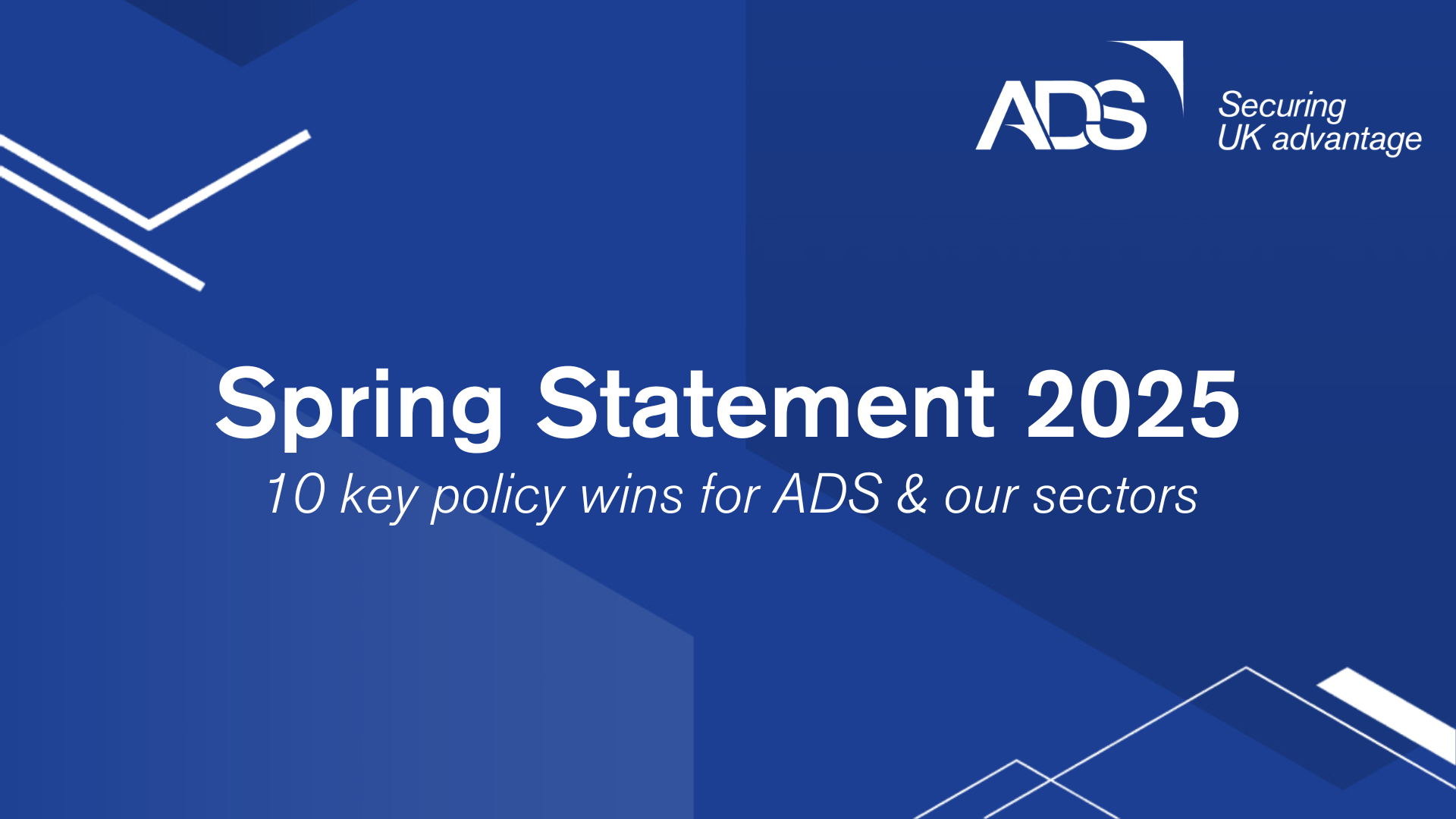
It’s been six weeks since the end of the transition period and therefore six weeks of the UK trading under new arrangements with the EU as set out in the Trade and Cooperation Agreement (TCA).
ADS has previously reviewed elements of the TCA that impact most on our sectors. This blog now looks back at the last six weeks to see how the implementation of the TCA has been playing out.
Movement of goods
The UK-EU TCA was declared by the Government as ensuring continued market access rights for UK and EU road haulage operators. Whilst the TCA does allow for this, the introduction of other non-tariff barriers has provided some disruption to the movement of goods.
There has been no significant disruption reported at the UK border by ADS members to date. However, there are reports of increased transit times due to new requirements at the border and delays in goods clearance through customs, where the interpretation of the new requirements by UK customs officials has differed to that of the EU member states’ customs officials. This has resulted in goods being held at borders. With COVID suppressing trade volumes and sector demand, the unusually low overall flow of goods between the UK and EU throughout January makes it difficult to know exactly how disruptive the new customs controls might be going forward.
Beyond time delays, members are reporting that the new requirements or subsequent mitigations taken to avoid tariffs are creating significant administrative burdens for business.
Rules of Origin
The rules of origin provisions in the TCA present a new challenge for many ADS members, particularly those that have no experience trading outside of the EU. The requirements of supplying origin information are notoriously complex and can be even more lengthy and difficult for some deeper supply chains.
For the aerospace sector, the WTO Agreement on Trade in Civil Aircraft negates the need to utilise the origin provisions in the TCA, but this doesn’t apply to raw materials and certain components far down the supply chain. Military goods are not covered by the WTO plurilateral and therefore members operating in the defence sector are now encountering rules of origin requirements for the first time. Many do not have the required sophisticated systems and software to calculate origin of goods information to the level required in the TCA.
Northern Ireland Protocol
Unfettered access isn’t easy
Following the EU’s proposal to trigger Article 16 of the Protocol amid challenges linked to the COVID vaccines, Michael Gove has stated that the Protocol is ‘not working’ and he is looking to the EU to accept refinements to its procedures. Previously, it was noted that the Protocol is unlikely to be amended but access to goods and services that Northern Ireland is entitled to as part of the UK remains a priority for the UK Government.
At-risk goods remain a challenge
Crucially for ADS members and aerospace companies in Northern Ireland, the rules on at-risk goods mean that materials moved for processing will be considered ‘at-risk’ on entry to Northern Ireland and therefore the EU tariff will be charged. This puts companies in Northern Ireland at a competitive disadvantage when compared to their counterparts in Great Britain.
HMRC has suggested several actions businesses can take to avoid paying a tariff on entry into Northern Ireland, however all these options come with a direct or indirect cost of their own. More details of these mitigations can be found here.
ADS continues to regularly engage with Government on issues our members are facing and looks for ways to avoid any new barriers to trade that may occur. If you are an ADS member and would like to report any issues you are facing under the TCA, please contact us at brexitreporting@adsgroup.org.uk. For regular information on our Brexit activity, you can sign up to the ADS Brexit Bulletin.





